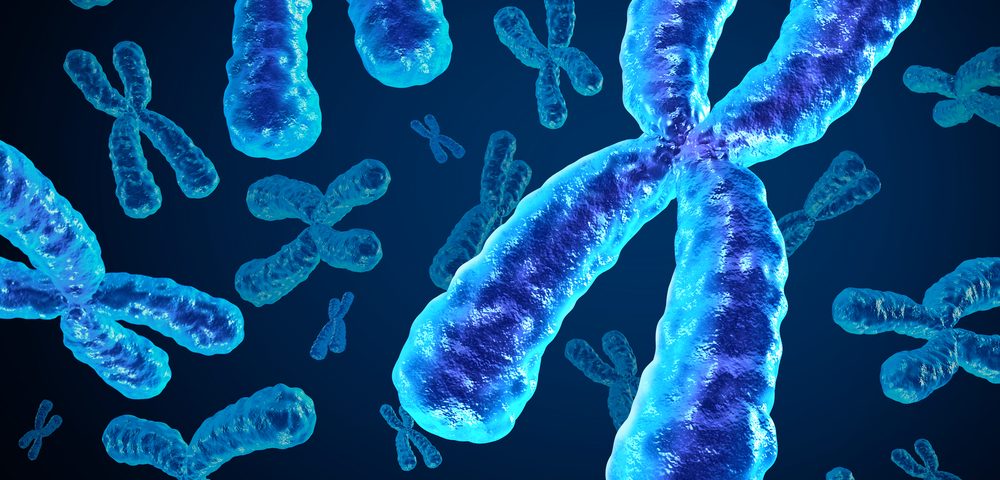Disrupting genes essential for the cellular recycling process known as autophagy increases the frequency of mutations during cell division and promotes the formation of ovarian cancer tumors, a study in mice has found.
These findings support further investigation into the process of autophagy, which is often abnormal in ovarian cancer patients, as a potential target for future treatments.
The study, “Autophagy genes act as tumor suppressors in ovarian cancer,” was published in PLOS Genetics.
Autophagy is the tightly-regulated mechanism that removes unnecessary or abnormal components from the cell, allowing the degradation and recycling of cellular components.
Autophagy genes have been found to play a role in cancer resistance to stresses such as chemotherapy while, paradoxically, they have also been implicated in the prevention of tumor formation.
BECN1, also known as beclin 1, is a protein — critical for autophagy regulation — that has been shown to promote tumor growth in some cancers, while also suppressing cancers of the ovaries and the breast. However, studying the role of this protein at the genetic level is complicated by its proximity to the tumor suppressor protein BRCA1 on chromosomes, in which deleting BECN1 also leads to the deletion of BRCA1.
Computer-based genomic analysis has found that deleting one of the two copies of the BECN1 gene (received from both parents) is unusually prevalent in high-grade serous ovarian cancer (SOC), a type of cancer that accounts for up to 70% of all ovarian cancer cases. Additionally, cell-based studies have suggested that tumors can be initiated when BECN1 is suppressed.
These findings prompted a team of scientists based at the Medical University of South Carolina (MUSC), in collaboration with researchers at the University of California at San Diego (UCSD), to investigate the role of BECN1 in tumor formation.
They also studied another autophagy-related tumor suppressor protein commonly deleted in ovarian cancer, MAP1LC3B or simply LC3B.
The team removed one of the two gene copies for each of these proteins — the same partial deletion found in patients — in a human ovarian cancer cell line. They also deleted BECN1 in a mouse model that spontaneously develops ovarian cancer.
“There were strong messages regarding the role of BECN1 in ovarian cancer that hinted that the situation was more complicated,” Joe Delaney, PhD, MUSC study lead, said in a press release. “We were working then with a mouse model of ovarian cancer that we could modify at the genetic level. It was time to put the question to rest and measure for tumor suppression directly.”
The cell-based analysis found that ovarian cells without one copy of either gene disrupted the processes essential for autophagy. While these deletions had little effect on cell metabolism, they did contribute to genomic instability — increased tendency for genomic alterations — a hallmark of cancer in which the highest rates of instability are found in high-grade serous ovarian cancer.
To confirm these results, the team deleted one copy of BECN1 in animals that spontaneously developed ovarian tumors when they were around four to six months of age.
Importantly, ultrasound scans found tumor growth as early as three months, a time in which tumors are normally not present, suggesting that impaired autophagy promotes or supports tumor initiation.
“Tumors with the model would not normally form until 4 to 6 months. We knew we had discovered something right away,” said Delaney.
Further analysis found that the enhanced tumor initiation correlated with increased genomic instability due to chromosomal alterations.
“We knew for a long time that autophagy was very different in ovarian cancer,” said Dwayne Stupack, PhD, study co-lead from UCSD. “Normal cells in the fallopian tube and on the ovary express high levels of autophagy proteins. Yet dozens of autophagy genes are found to be deleted in a single tumor.”
“This lack of expression helps the tumor form but may also create a weakness for new drugs to target,” he added.
Delaney said his team “will continue to work to convince the cancer research community [that] autophagy disruption is a worthwhile strategy. We hope to save lives.”

